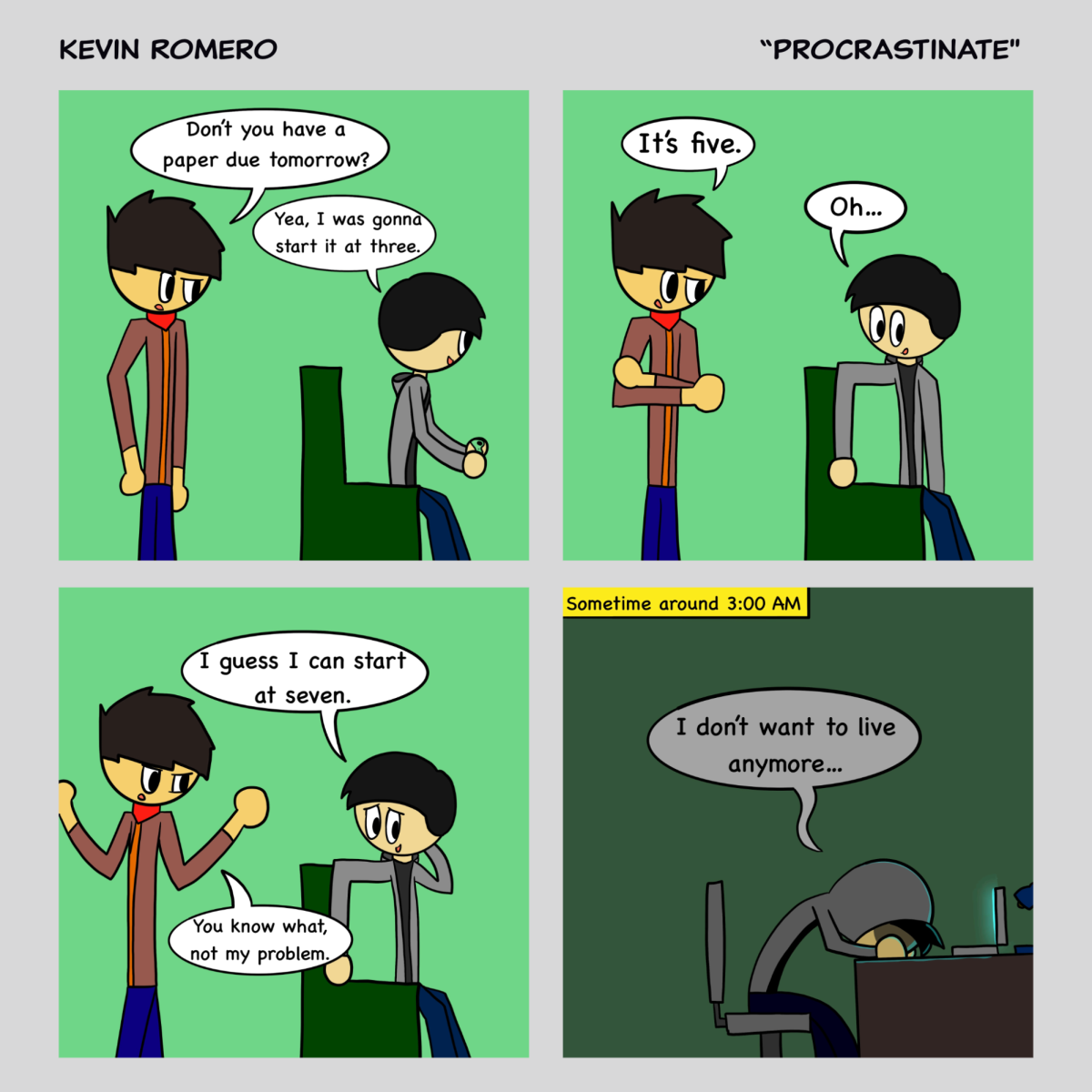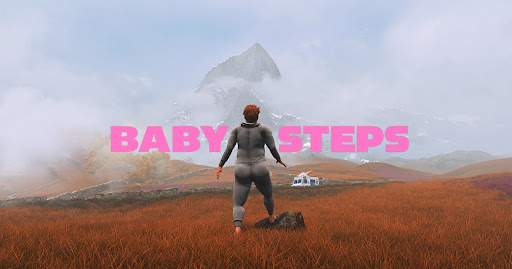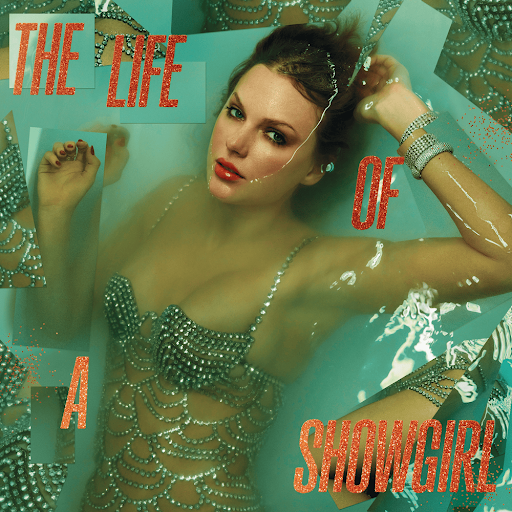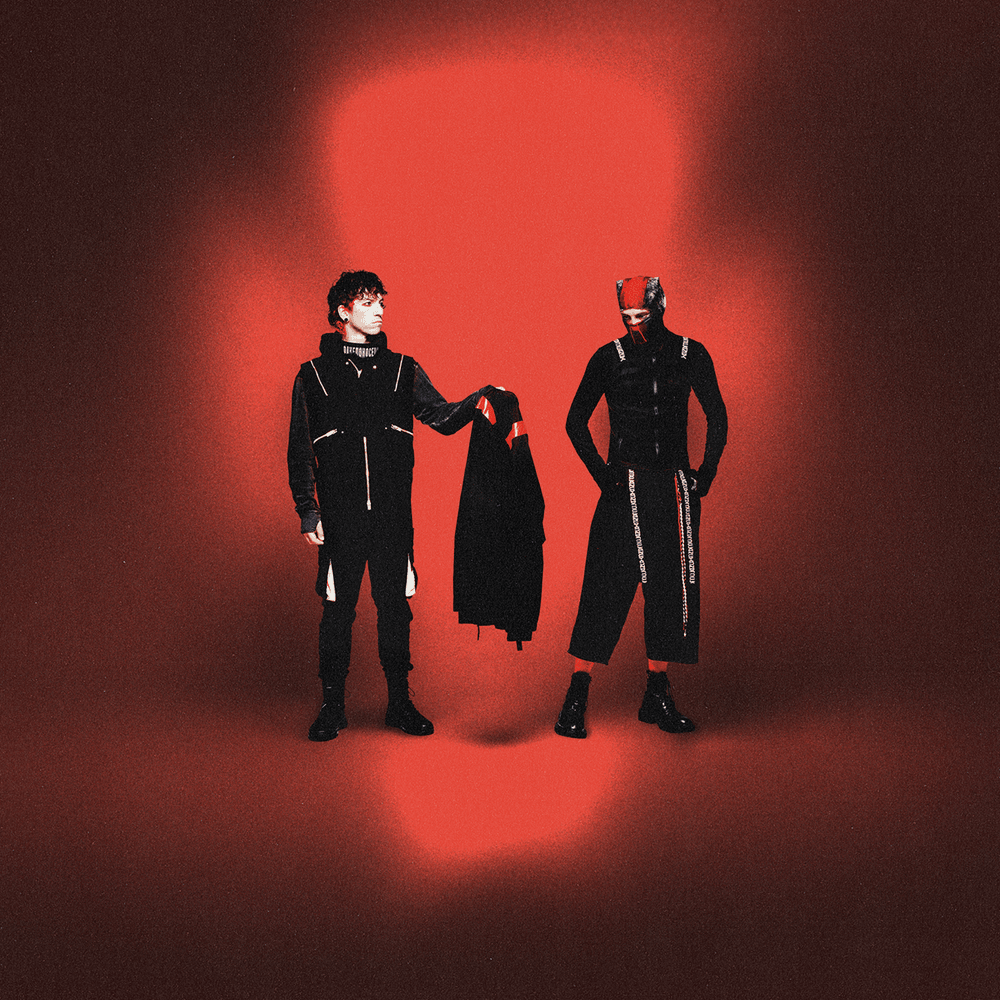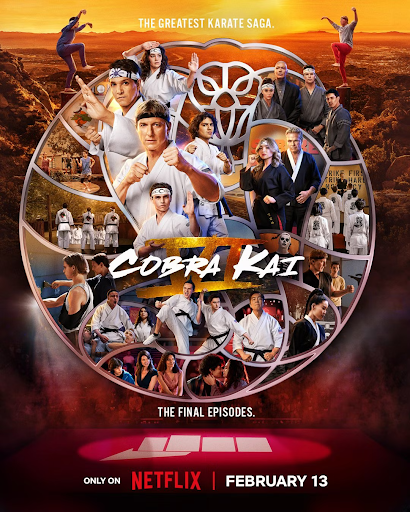
After seven years of airing, Cobra Kai has finally dropped its sixth and final season on Netflix. The latest entry in a 41-year-old franchise has finally come to an end—at least until Karate Kid: Legends releases in May.
For those who don’t know, Cobra Kai doesn’t revolve around Danny LaRusso but instead focuses on the person he crane-kicked into a life of general degeneracy, Johnny Lawrence, a hearty thirty-four years after the original All-Valley Tournament. He’s fallen into a life of general mediocrity, slumming it in a junky apartment, having undergone a messy divorce, and coping with his general lack of success with a seemingly endless supply of beer cans.
Stuff’s pretty bad, but after a chance meeting with Miguel, a student facing bullying at the local high school, Johnny attempts to relive his glory days by reopening the Cobra Kai dojo, which in turn, reignites his lifelong rivalry with a now-successful LaRusso.
I didn’t get into this show immediately because it was released on YouTube Red (the precursor to YouTube Premium), but it eventually was bought by Netflix for production. I had more than enough time in 2020 to get into the series. You all know why.
This show is amazing. I love that several actors from the original movies return as characters in the series. Billy Zabka (Johnny) and Ralph Macchio (Daniel) aged surprisingly well, and it’s downright charming to see them back on the screen with people like Martin Kove as John Kreese, or even Elisabeth Shue as Ali Mills, the catalyst for their clash in the first place. The other actors do phenomenal jobs too, Peyton List, Mary Mouser, Xolo Maridueña, and others filling the roles of various students of both Cobra Kai and Miyagi-Do, adding levity to the show alongside the more serious conflicts faced by the older cast members.
The show’s highlights have to be the combination of dramatic fight scenes and cheeky 80s humor subversions. One of my favorite scenes is Johnny trying to do the “pretend to be a doctor to sneak into a hospital” thing, which doesn’t even work.
It’s super cheesy, but the cliches from the 80s that the show plays with work. There’s also plenty of humor, a little drama, some plot twists, and even a couple of heart-warming moments. Seeing Johnny mentally being stuck in his childhood for a chunk of the series and watching him struggle with the notion of Facebook or general modern technology is a riot, and it’s equally entertaining to see him kick butt and take names to the soundtrack of old rock music.
The series is a love letter to the franchise but doesn’t dwell on the worst aspects of the movies. Everyone is their own worst enemy, even if they have rivalries—it’s just a matter of overcoming them. If there’s anything negative about this series, it’s how they handled the release of Season six. The episode releases being split into three parts over the course of several months led to a decline in the hype.
Cobra Kai stuck the landing in a way few long-running franchises manage to. It honored its roots while carving out its identity, mixing nostalgia with fresh storytelling and a cast that felt just as essential as the original icons. Heartfelt but never overly sentimental, self-aware but never cynical. It was never just about karate but about growth, redemption, and the messy, often hilarious ways people try (and fail) to move forward. Even with its flaws, Cobra Kai delivered an earned ending, reminding us why we cared in the first place.


